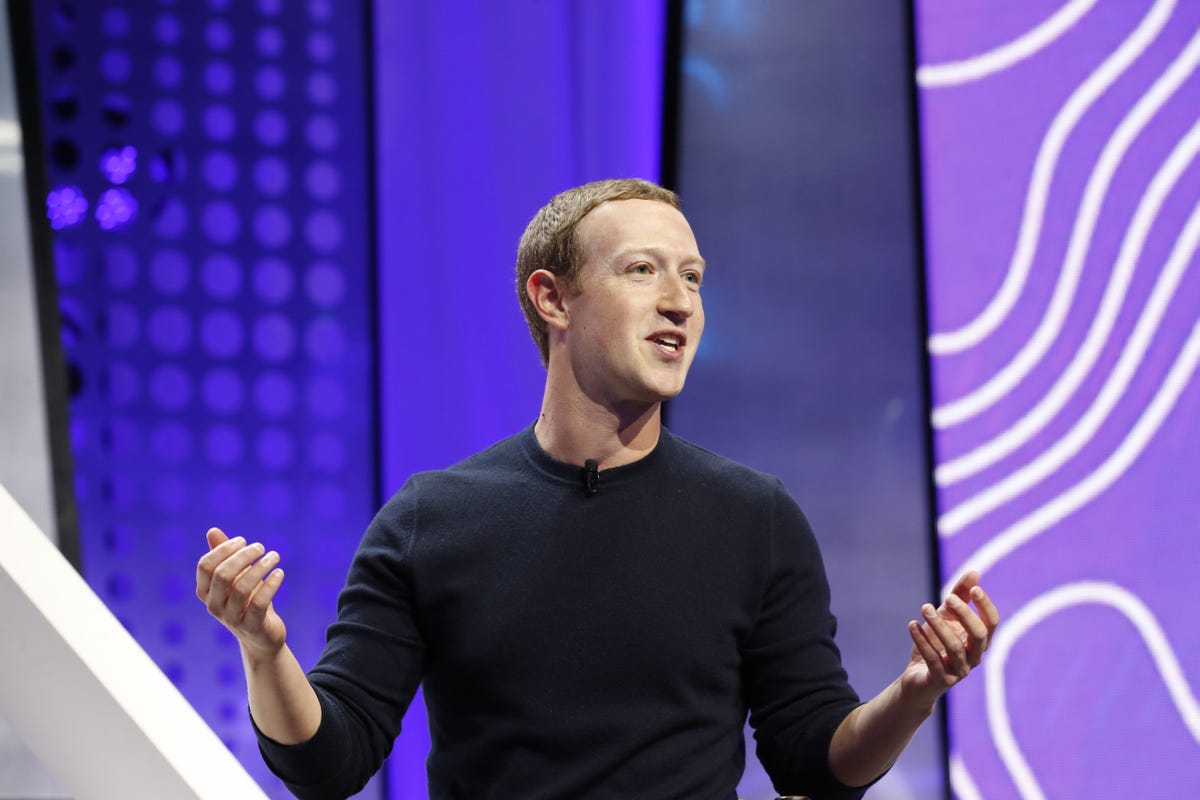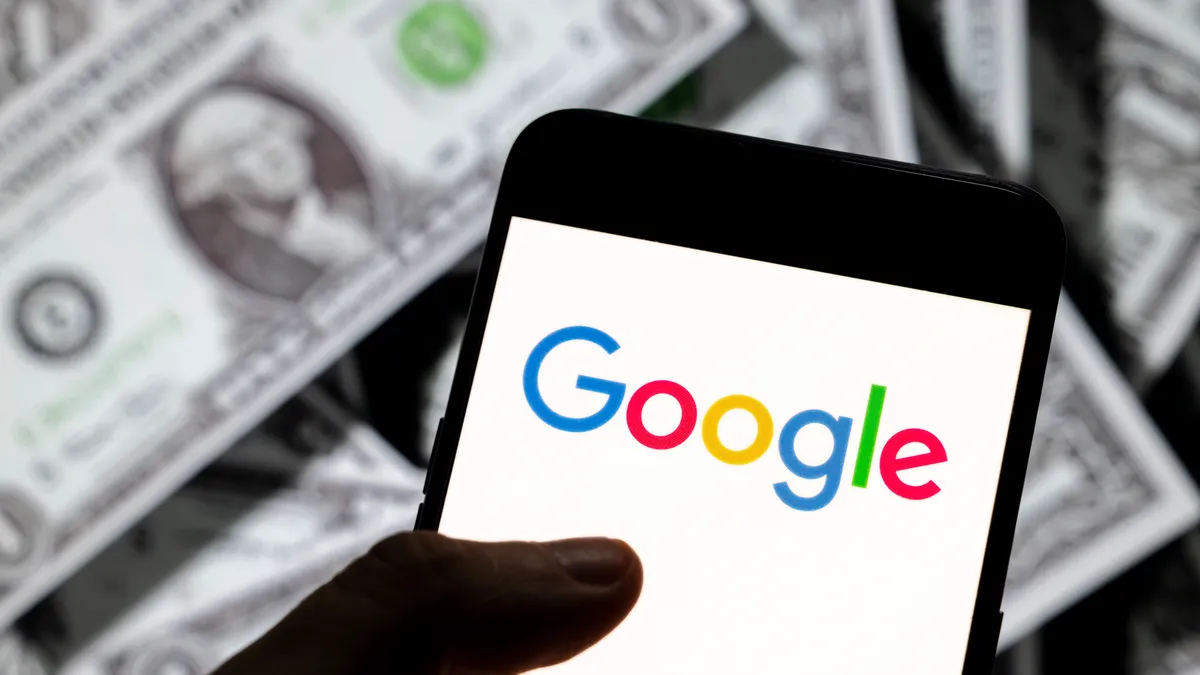The issue of how platforms like Facebook and Google pay news publishers for content is already contentious.
In 2021 Australia’s government had a showdown with Alphabet and Meta over whether or not news companies should be paid for the articles that appear in Facebook feeds and Google search. There was no shortage of drama: It involved closed-door meetings between tech executives and Australia’s prime minister, the sudden disappearance of news on Facebook and ultimately a world-first law that led to hundreds of millions being paid to news publishers Down Under.
Two years later, the battle is due for a sequel. This time, however, it’s Canada’s government facing off with Google and Meta. As in any good sequel, the stakes are higher.
Canada is in the process of passing the Online News Act. As it stands, the legislation would force Google and Meta to negotiate with Canadian news broadcasters, radio stations and publications over licensing fees for the articles that are shared on Facebook feeds and surface in Google search queries. If no agreement can be made, an arbitration board would decide how much news publications are to be paid.
The new law will not be cheap. Google and Meta cut deals worth at least $130 million (AU$200 million) annually in Australia after a similar bill, called the News Media Bargaining Code, was passed in February 2021. The cost in Canada could run much higher, with Canadian Sen. Peter Harder foreseeing Big Tech footing the bill for “between 30% and 35%” of eligible news publications’ expenditures.
There’s more at stake still. The legislative zest shown by Australia and Canada could spread to countries like France and Spain, where there have already been disputes over licensing news content. In the US, the Journalism Competition Preservation Act, a bipartisan bill similar to Canada’s Online News Act, was sponsored by Sens. Amy Klobuchar, a Democrat from Minnesota, and John Kennedy, a Republican from Louisiana, though it failed to pass through Congress last December.
“Of course we are just going to keep going. We have a broad coalition,” Klobuchar said to Deadline in December.
Should laws of this sort spread throughout the world, Google would likely need to fork out billions of dollars for the pleasure of linking to news articles surfaced by search results, says Michael Geist, Canada’s research chair for internet and e-commerce. “It would change their [Google’s] entire business model.”
The increasingly global dispute is itself likely to set the stage for a similar conflagration over artificial intelligence. Chatbots like ChatGPT and Microsoft’s Sydney, which the tech giant is integrating into its Bing search engine, aggregate information from news publishers and churn out answers without links back to their sources. This problem has already been raised by Getty, whose copyright-protected images have been used by AI art generators like Stable Diffusion.
Setting the stage for more complicated confrontations in more countries, the struggle brewing over the Online News Act will have implications beyond Canada’s 38 million citizens.





